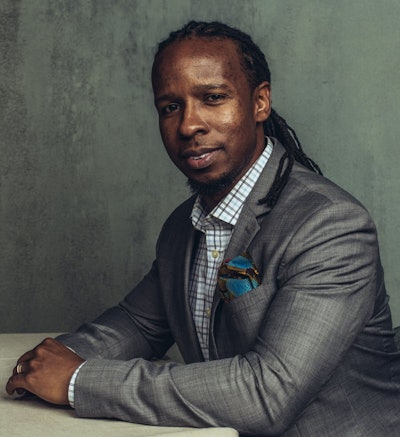The National Association for College Admission Counseling (NACAC) began its three-day conference Tuesday — this year’s conference, for the first time, is virtual due to the ongoing COVID-19 pandemic and will conclude on Sept. 24.
The 2020 NACAC Virtual Conference kicked off with introductory remarks from Dr. Angel B. Pérez, NACAC CEO. In his speech, Pérez displayed demographic surveys of NACAC members before issuing a call to action.
“I’d like each of you to reach out to at least one person, who represents a sector of our membership, that you feel is underrepresented,” Pérez said. “If we are to create the inclusive association of the future, we must do it together. And we must ensure that the voices that are least represented become more central to our work.”
Pérez discussed a listening tour he had conducted and the recommendations of a taskforce that Dr. Jayne Fonash, NACAC’s former president, created after last year’s conference. The group had been tasked to direct NACAC’s future, tackling questions such as “What does the future of accessible, inclusive, equitable and affordable post-secondary education look like?” and “What does NACAC need to change in order to make that a reality?”
The “Super Session” for Tuesday — moderated by Crystal Newby, senior associate director of education and training at NACAC — featured Dr. Ibram X. Kendi, author of How to Be an Antiracist, Stamped from the Beginning: The Definitive History of Racist Ideas in America and Antiracist Baby. Kendi is also the founding director of the Boston University Center for Antiracist Research.
Newby discussed various topics with Kendi, including what it means to be “anti-racist,” affirmative action and the root of racism — which Kendi explained was self-interest.
He also explained how today’s standardized tests were originally created by eugenicists.
“And these eugenicists created these standardized tests to objectively prove that White people were — by nature — intellectually superior to non-White people,” Kendi said. “But by the 1960s … you have scholars and even others stating that no, these tests do not actually show an academic achievement gap that’s the result of nature. It’s actually the result of nurture.
 Dr. Ibram Kendi
Dr. Ibram Kendi“So these people, these Black people, these poor people, have been born and raised in broken cultures in broken homes with broken families in broken schools with broken teachers. But they can be fixed. So let’s fix all those things and then that will raise the test scores. And that’s largely the argument today that sort of explains the cause of the academic achievement gap, that indeed it does show that Black, Brown and Native children are intellectually inferior, but it’s more so the result of their environment. And so we need to change their environment.”
Instead, he offered another way to potentially gauge students.
“If we were thinking about ways to standardize, if that’s what the concern was, how do we assess two different students, who are in two different environments, who went to two different schools, who have two different sets of resources? Why can’t we focus on something like a desire to know?” Kendi said. “That is not pegged to wealth, resources. You have the wealthiest and the poorest of children who both have tremendous desires to know.”





















